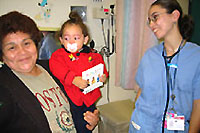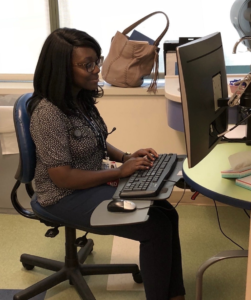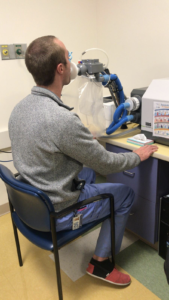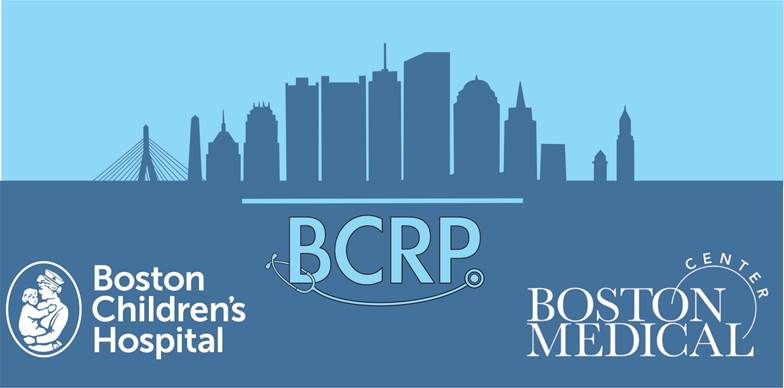Longitudinal Ambulatory Experiences
Primary Care Experience

Longitudinal primary care clinic experiences at a variety of sites allow BCRP residents to foster the physical, intellectual and emotional growth of patients on their own panel, as well as to manage the course of certain diseases and therapies over an extended period of time. Residents care for children of all ages and children with diverse and complex medical and social problems.
Continuity sites are available in hospital and community settings, as well as a number of private practice locations. From the primarily Spanish-speaking clinics at Martha Eliot Health Center to the Young Parent Program (YPP) continuity clinic at Boston Children’s Hospital, residents may choose to tailor their longitudinal experiences based on their interests while enjoying exposure to a diverse, multi-cultural patient population. For example, opportunities exist to care for patients with complex medical conditions, immigrant populations, adolescents, and others.

Residents in the Categorical track devote on average one afternoon each week throughout the three years to their primary care practice. Similarly in the first year, Leadership in Equity and Advocacy track (LEAD) residents can spend on average one afternoon each week in their continuity sites. Throughout the second and third years of residency, LEAD residents select an additional half-day experience to augment their scholarly or advocacy interests; these may take the form of a second continuity clinic or an afternoon dedicated to their longitudinal LEAD projects.
Longitudinal Subspecialty Experience

The BCRP is invested in developing a longitudinal subspecialty experience whereby residents can achieve early and sustained exposure to outpatient subspecialty medicine.
During the PL-3 year, residents may choose to participate in a longitudinal subspecialty clinic in place of their primary care clinic. Residents have participated in longitudinal subspecialty experiences at both affiliated hospitals in subspecialties including allergy/immunology, cardiology, endocrinology, genetics, gastroenterology, hematology, nephrology, neuro-oncology, neurology, oncology, pain medicine, pulmonary and rheumatology, and with the critical care, anesthesia, perioperative, extension (CAPE) team.
Even for the residents that chose to remain in their primary care clinics, there are ample opportunities to experience outpatient subspecialty care. During inpatient subspecialty rotations such as pulmonology and cardiology, residents rotate through the outpatient clinics. Additionally, there are many ambulatory subspecialty clinic electives.



